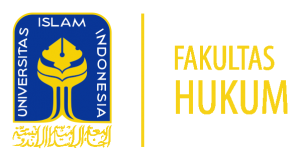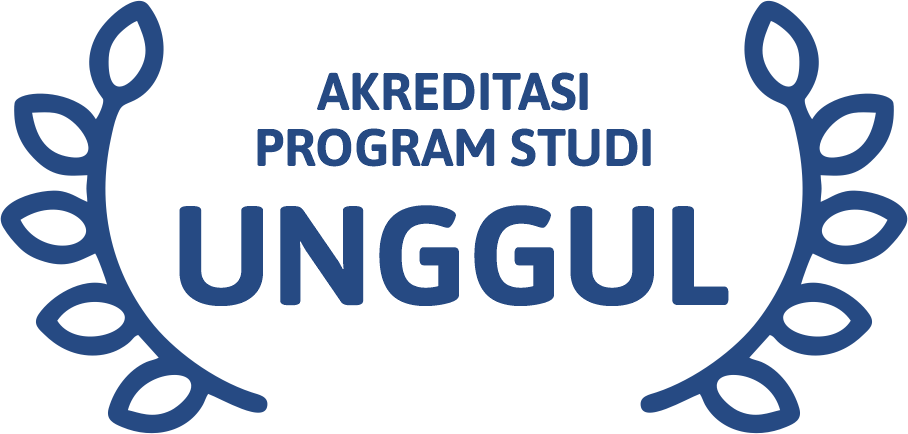Business on extractive area has been popular and contributed significantly to economic growth of Indonesia. The many of extractive industries exploring Indonesia’s natural resources have adverse on both communities and environment without being counted into pricing of resulted products. To overcome that issue, Indonesia already has a set of rules on environmental guarantee fund to ensure each business operator leaves the explored areas responsibly by requiring them to deposit certain nominal of fund. However, the system of environmental guarantee fund remains problematic according to the environmental externality perspective since the social and environmental costs are unconsidered in product pricing. This paper therefore, examine what policy should be taken by the Government of Indonesia (GoI) to maximize the internalization of externalities in extractive industries. This is normative research by using secondary data. Data collected are then analyzed through statute and conceptual approaches. The result is that the GoI has tried to internalize environmental cost of extractive industries by enacting the mandatory guarantee fund, but its practice is insufficient according the concept of internalization of externalities. The GoI should add a counting system of environmental cost within the life cycle of extractive products. The life cycle has been one of criteria in assessing environmental management performance (PROPER) which is already used by the GoI in declaring the how green a production process is.
Keywords: extractive industry; environmental cost; guarantee fund; life cycle assessment.





